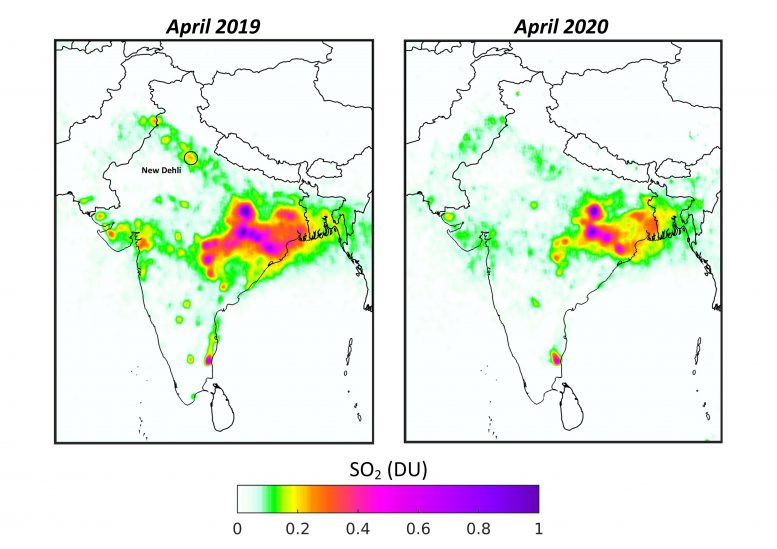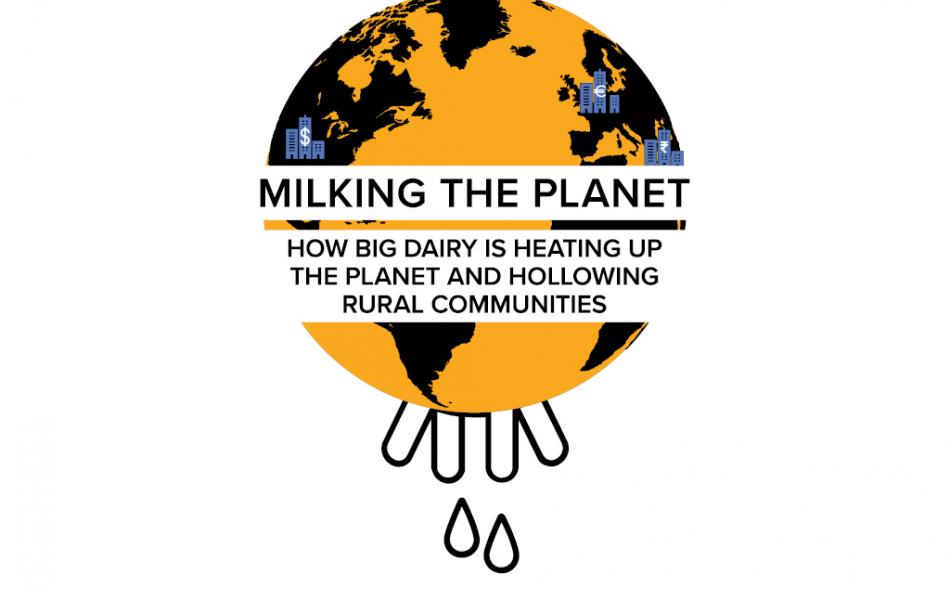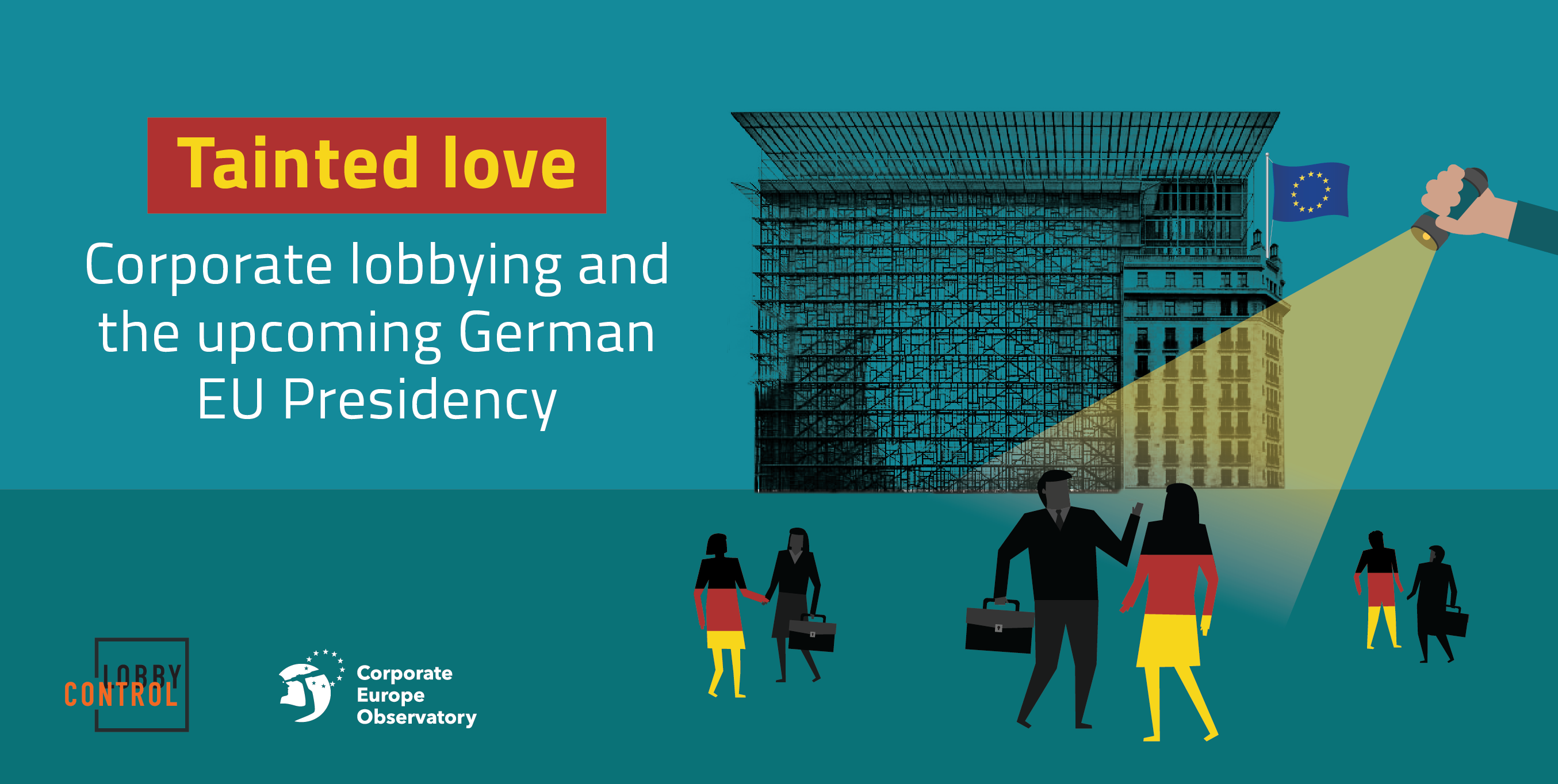Stan Cox: The Green New Deal and Beyond: Ending the Climate Emergency While We Still Can
When Stan Cox was writing his book, The Green New Deal and Beyond: Ending the Climate Emergency While We Still Can, he scripted these prophetic words: “The oft-predicted national decline in use of fossil fuels is nowhere to be seen, and it is unlikely to occur on its own, at least until the next economic meltdown.” He became one of those few people who dare predict the future; but it was unfortunate for humanity that his prediction came true. Between the time that Cox foresaw the conditions under which fossil fuel usage would go down and his book appeared in print, the COVID-19 pandemic spread across the globe, production crashed in country after country, and CO2 emissions dropped even more than they did during the 2008 financial crisis.






